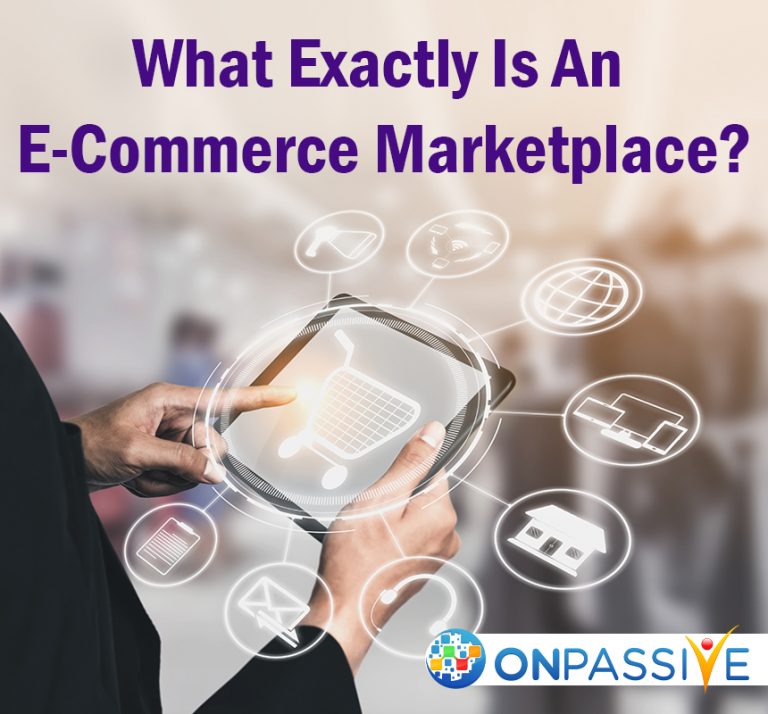
Hello there!
In this article, we will discuss the various aspects of an e-commerce marketplace. After this article, you will have a much clearer understanding of what defines an e-commerce marketplace and how you can make it better.
So what exactly is an E-commerce marketplace?
An online marketplace is simply a website or a place where one can find different brands of products from multiple vendors, shops or people which is showcased on the same platform.
The owner of the marketplace is responsible for attracting customers and processing transactions, especially when dealing with third-party vendors who specialize in manufacturing and shopping.
Some of the various companies which are a prime example of an E-commerce marketplace are Amazon, eBay and Flipkart. Online marketplaces help to streamline the production process through a simple portal and manufacturers sell products directly to consumers.
In case you are thinking of applying this in terms of supply chain management, it is referred to as the Dropshipping method! This channel and method is the most profitable type of business in web Ecommerce.
What are the different types of online marketplaces?
Online marketplaces are based on different business models, can be divided into different types of online marketplaces which are:
1. E-commerce marketplace oriented towards Buyer:
- It is the marketplace which is run by a body of buyers who want to establish an efficient purchasing environment.
- This marketplace helps buyers to lower administrative costs and get the best prices.
- Suppliers can also use this marketplace to advertise products to relevant customers.
2. E-Marketplace oriented towards Supplier:
- This marketplace is operated by a large group of suppliers and helps in establishing an efficient sales channel.
- This marketplace is also called supplier directory and is searchable by either product or service.
- Buyers can access information about suppliers, products or the region.
3. Horizontal and Vertical e-marketplaces:
- This form of marketplace helps to provide online access to different businesses across evert segment of a particular industry sector.
- Buying or selling vertical on e-marketplaces can help to increase the operating efficiency when decreasing the supply chain, inventories cost and procurement time.
4. Independent e-marketplaces:
- It is a business to business platform which is online and it is operated by a third party, which is open to buyers and sellers across a particular industry.
- Some of the popular examples of independent e-marketplaces are Alibaba.com and eBay.com.
What are the benefits of an Ecommerce marketplace?
There are numerous benefits of an Ecommerce marketplace and benefits businesses, buyers and sellers. It helps to create more opportunities for buyers and suppliers to trade within or across a supply chain.
There is real-time information which is updated on the price as well as the availability for buyers to get the best deal. The platform also acts as an additional sales channel to market and sell products effectively!
This marketplace enables oversea sales by providing opportunities to trade in the international marketplace. An e-commerce website wants to reduce the marketing costs by themselves.
What are the different E-commerce marketplace challenges and solutions?
Some of the major marketplace challenges and solutions that are commonly encountered are:
- Retention of buyers and sellers
- Getting buyers in touch with relevant sellers
- Building trust between sellers and buyers
- Making first impressions last
- Competition with price
- Assurance with Quality
In conclusion, this is the definition of an e-commerce marketplace and there are many different aspects to consider, in case you are creating a marketplace of your own!


